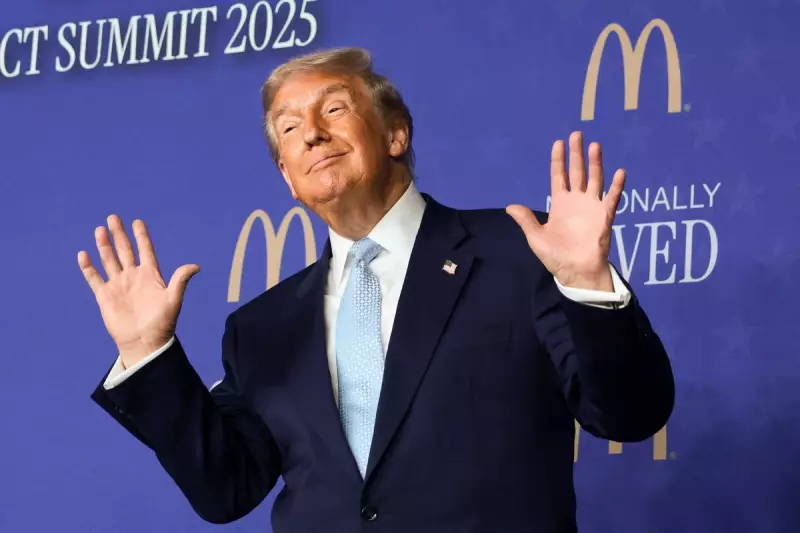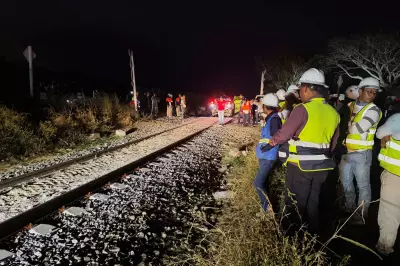
Allies of former President Donald Trump are pressing Congress to enact legislation that would fulfil his promise to distribute $2000 cheques to ordinary Americans from tariff revenues, a pledge he now says will materialise around mid-2026.
Political Pressure and Legislative Reality
In a significant shift from the administration's usual reliance on executive power, key figures are acknowledging that congressional approval is essential for the proposed payouts. Alabama senator Katie Britt, in a Fox News interview on Sunday, urged the Senate to consider turning Trump's vow into law.
This sentiment was echoed by Trump's own Treasury Secretary, Scott Bessent, who stated on Sunday that the administration would "need legislation" to distribute the money. This contrasts sharply with Trump's approach to immigration and other policies, which have often been enacted by executive fiat.
Despite the legislative focus, Trump himself provided a tentative timeline on Monday, suggesting the rebate cheques would "probably" be sent "somewhere prior to... the middle next year", though he conceded it might be later.
Mounting Challenges and Economic Claims
The push for these cheques comes as Trump's broader tariff policy faces significant headwinds. A Supreme Court challenge is currently underway, and the administration recently scaled back tariffs on several everyday goods, including beef, tomatoes, coffee, and bananas.
At the McDonald's Impact Summit in Washington D.C. on Monday, Trump defended his economic record, falsely claiming the cost of "everything" is "way down" while blaming any price increases on his predecessor, Joe Biden. "We are doing better than we've ever done as a country," Trump asserted.
However, the details of the $2000 cheque plan remain profoundly vague. Secretary Bessent has suggested the benefit might not be a direct payment, but could instead come in the form of tax decreases on tips, overtime, and Social Security, or through the deductibility of auto loans.
Scepticism and Potential Consequences
While the tariffs have reportedly generated approximately $229 billion for the Treasury as of 17th November, critics argue they harm the overall economy by forcing businesses to absorb costs or raise prices for consumers.
Financial experts express deep scepticism that the cheques can be funded without adding to the national debt or risking a resurgence of inflation. Such outcomes would be politically damaging for Republicans, who suffered significant losses in recent state and local elections where economic concerns were paramount.
Furthermore, the entire initiative rests on shaky legal ground. If the Supreme Court rules the emergency tariffs illegal, the government could be forced to refund the collected revenue to businesses, completely undermining the financial basis for the proposed cheques.





